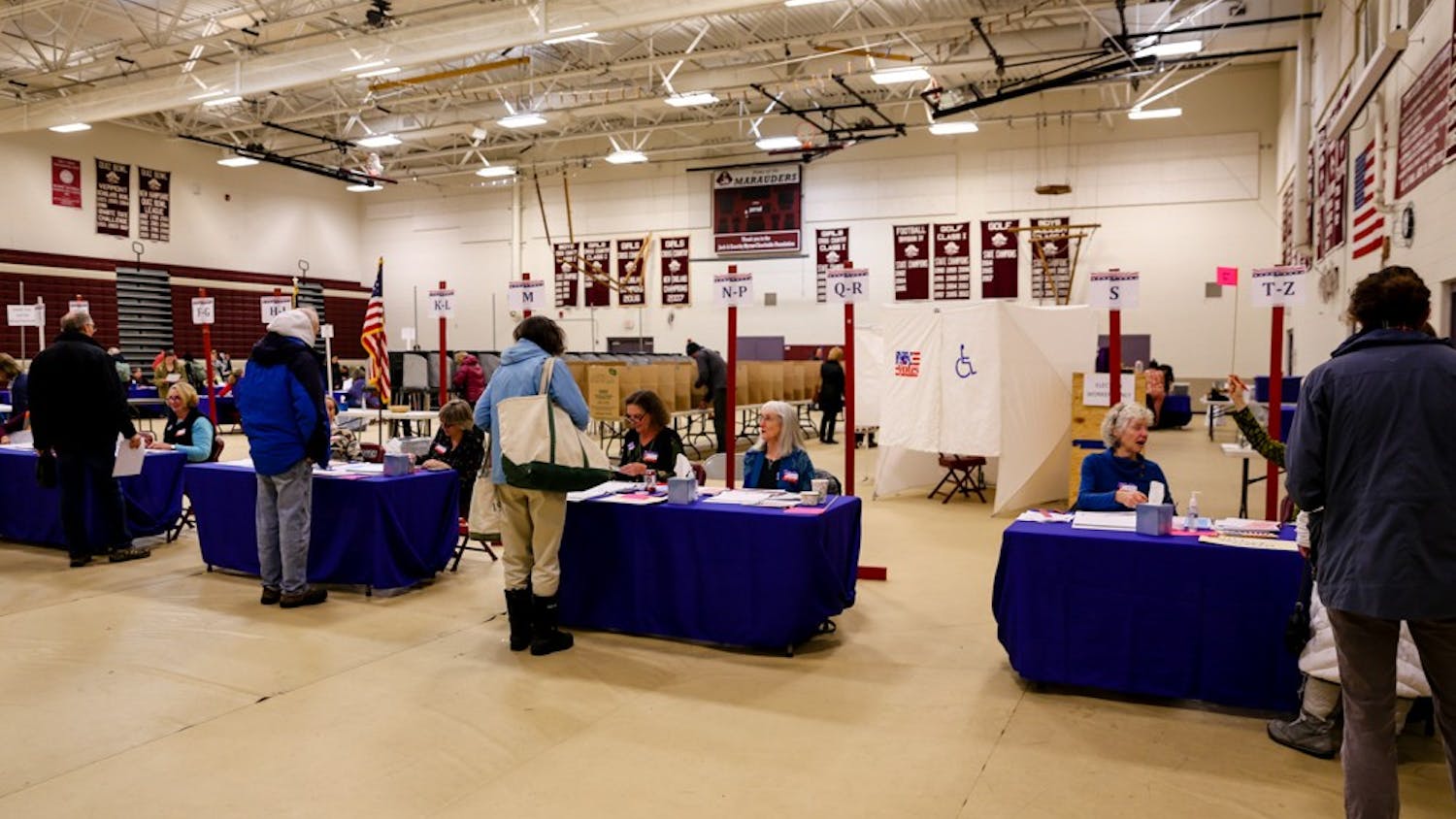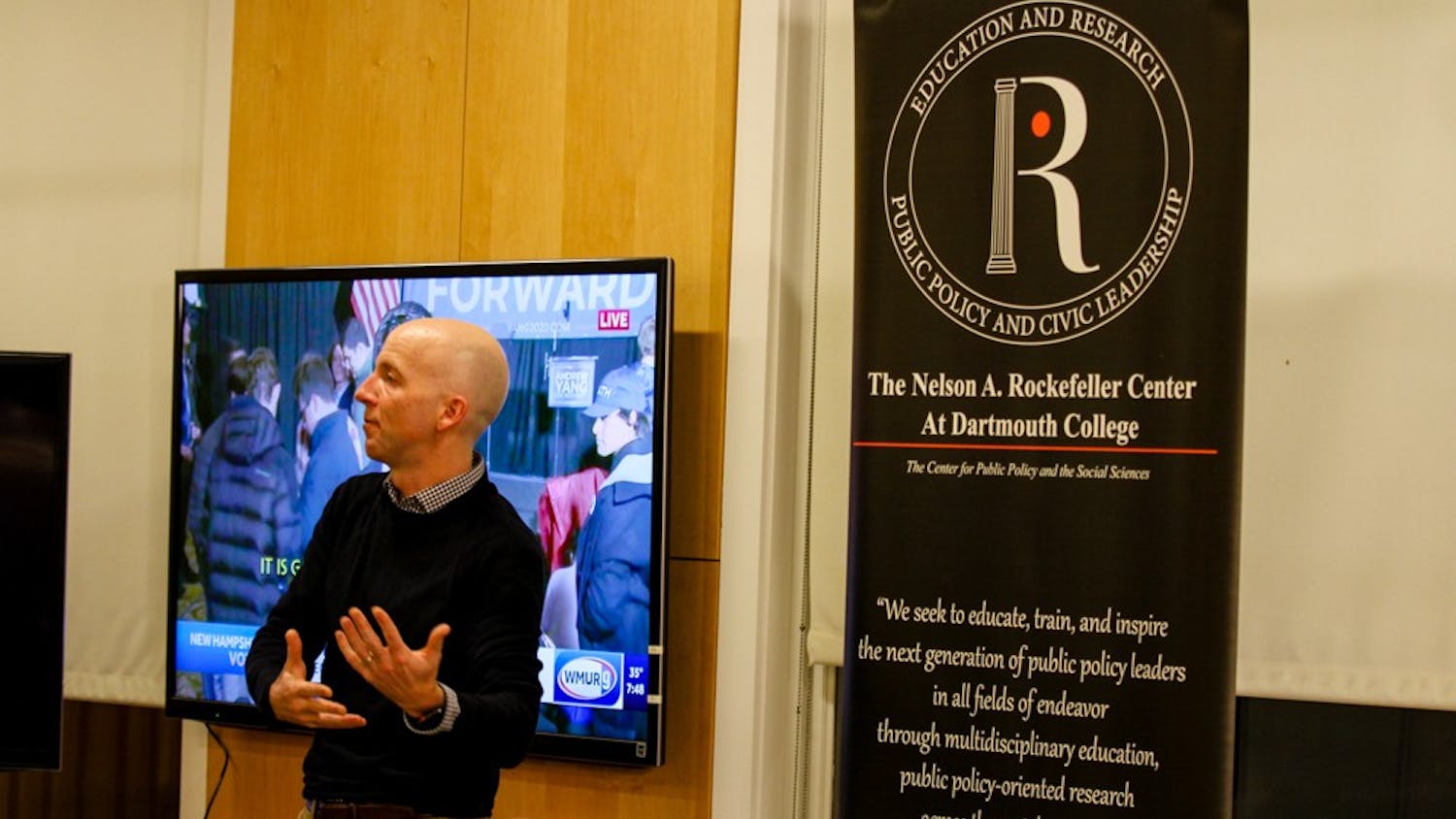News Analysis
Bernie Sanders’ victory in yesterday’s New Hampshire primary, paired with his top-two finish in the Iowa caucuses last week, is a strong sign that he is the frontrunner to win the Democratic nomination.
Unless, of course, you take into account that Iowa and New Hampshire — states with small populations that are over 90-percent white — are not nearly representative of the Democratic electorate, which is built on a coalition of people of color and voters from large metropolitan areas.
Unless you take into account that most voters in upcoming primaries will make their decisions with little thought given to last night’s outcome.
Unless you believe that the early primaries and caucuses arguably get more attention than they deserve.
Unless you believe the fact that, according to a CNN exit poll, just under half of New Hampshire voters made up their minds within the last few days — which shows just how much the state of the Democratic race is still in flux.
Well, you get the point.
This is not to take away from the fact that yesterday’s outcome is very good news for Sanders. The Vermont senator clearly has a strong base of support which will come out for him in upcoming primaries and caucuses. And while early results mean little in terms of delegate allocation at the convention, they do have real and significant implications in terms of campaign fundraising, news cycles and that mysterious yet ubiquitous force called “momentum.” Undoubtedly, Sanders will get good marks on all of these fronts.
But Pete Buttigieg, replicating a good night in Iowa, also had a strong finish in New Hampshire. He has done well with a broad swath of voters, particularly in rural areas, and will likely be a contender in this nomination fight for a while to come.
However, in arguably the most consequential and surprising news of the evening, Amy Klobuchar had a very good night, pulling in a close third place. The Minnesota senator was rising fast in the polls in New Hampshire over the last few days and has proven herself, with a strong finish in the primary, to be a serious contender in this race.
Meanwhile, in Hanover, Buttigieg came away the winner, pulling in 26 percent of the vote. He was followed by Sanders and Klobuchar with roughly 20 percent each and Elizabeth Warren with 18 percent.
But Hanover is not quite the Sanders stronghold one would expect from a college town. Sanders defeated Hillary Clinton here in the 2016 presidential primary 53 to 46.5 percent despite taking the state overall by a 22-point margin. And a poll conducted by The Dartmouth this past weekend found that Sanders and Buttigieg received roughly equal levels of support among students voting in the New Hampshire primary.
Hanover, in recent general elections, has consistently provided the highest margin of victory to Democratic candidates of any town in the state. As an article in yesterday’s issue of The Dartmouth pointed out, Hanover has historically been carried in Democratic primaries by more liberal candidates, such as Barack Obama in 2008, Howard Dean in 2004, Bill Bradley in 2000 and Paul Tsongas in 1992. But this time around, with other college towns around the state giving victories to Sanders, Hanover went decidedly to the more moderate Buttigieg.
The candidates with the worst nights were Warren and Joe Biden. Warren, despite enjoying name recognition as a senator from a neighboring state, ended up winning only about 9 percent of the vote — well behind the top three finishers. This is no doubt a disappointing finish for someone who through 2019 boasted strong fundraising and an extensive campaign apparatus.
Likewise, Biden had an undoubtedly bad night, which he apparently foresaw when he left the state yesterday afternoon for South Carolina. Biden has built his campaign around electability and being the presumed Democratic frontrunner, and it is becoming clear that this might not be the case. A CNN exit poll found that the only significant voting bloc that Biden led in New Hampshire were voters over 65.
When Dick Tuck, the notorious Democratic prankster extraordinaire, ran for a California Senate seat in 1966, he realized as the night grew long that the election was not going his way. “Just wait till the dead vote comes in,” he quipped. Perhaps Biden is thinking the same thing now.
Biden’s base throughout this primary has been black voters, and polls have shown him leading in the early primary state of South Carolina — as well as other states with Democratic electorates that have larger proportions of black voters.
So, the question remains: Will the dynamics of this race change significantly when the decidedly more diverse voters in Nevada and South Carolina cast their votes in the coming weeks?
Will Sanders and Buttigieg — not to mention Klobuchar — be able to turn strong finishes in New Hampshire into continued success in upcoming primaries?
Will moderate voters bolt from Biden, and will they back Bloomberg?
Only time will yield the answers to these questions — and so, all we can do is sit back and see how it happens.



